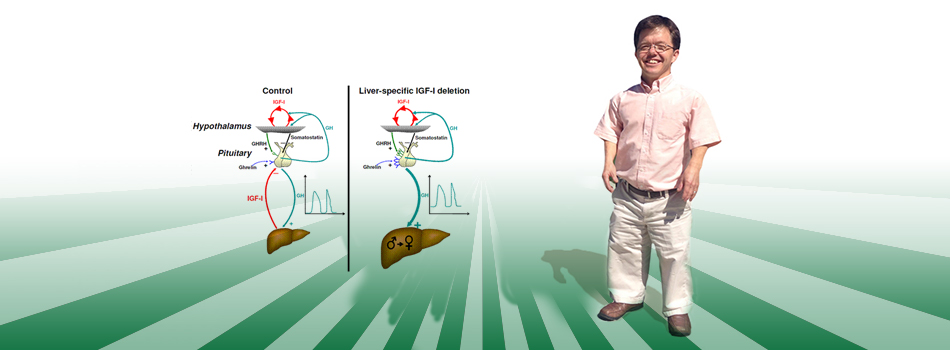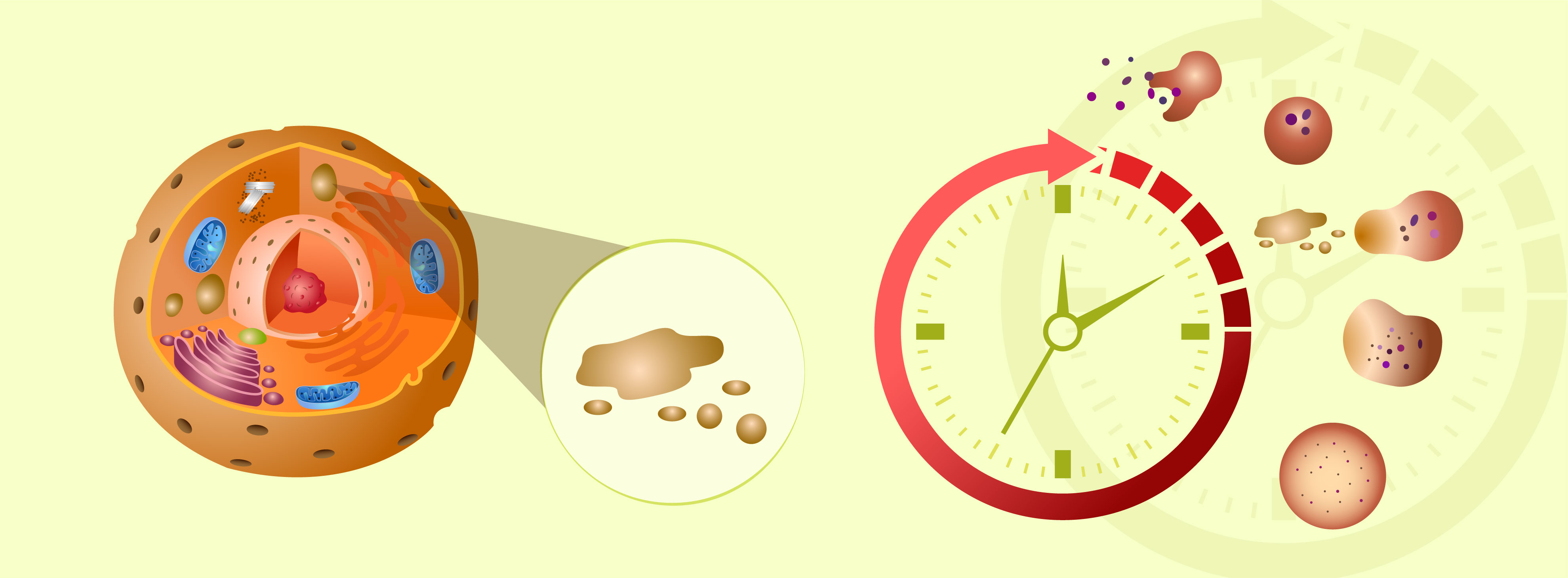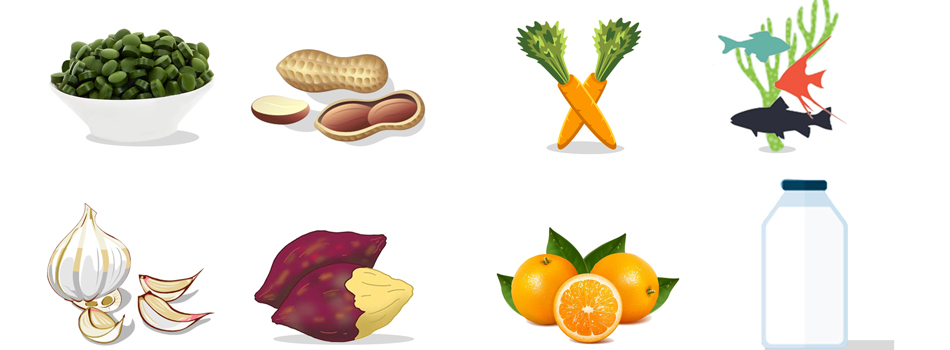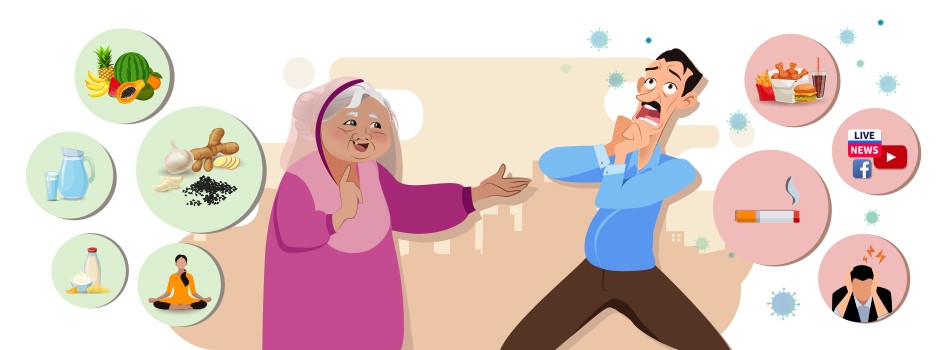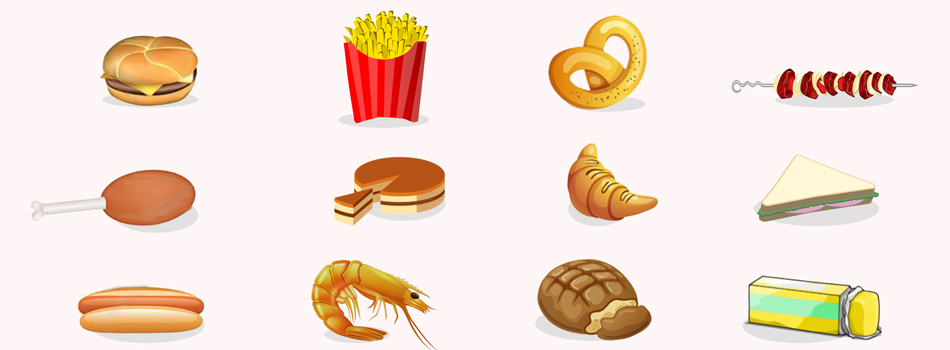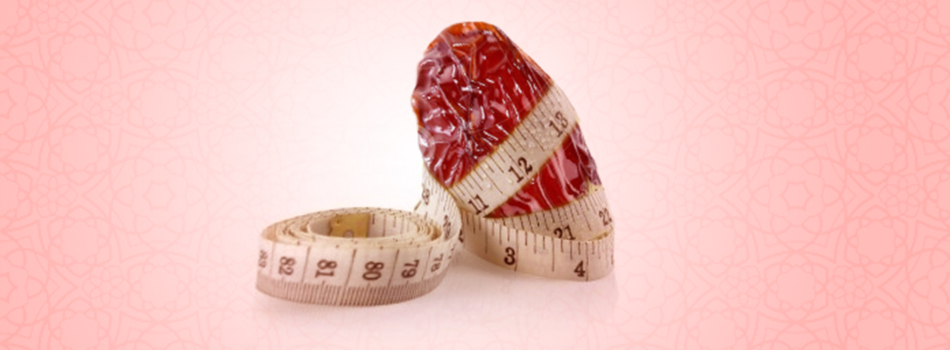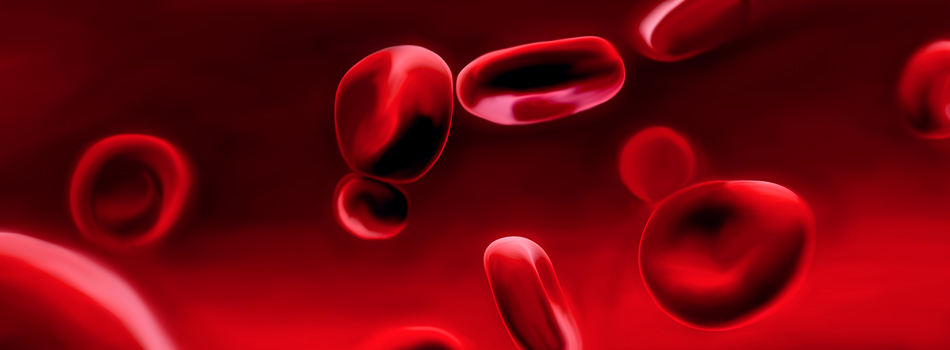
Blood Gets Replenished Within 6 to 12 Weeks
published : 15 December 2015
Modern medical and technological advances defy death, make many unthinkable into reality. But no hope for any substitute of blood yet. Blood cannot be manufactured or harvested. Blood of any other animals cannot be transfused into humans. When needed, human blood has no alternatives. The only way of we can get blood is from other people who give blood.
Most interestingly, blood that you give is from what you can spare. An average size adult has 800-1300 ml extra blood than required. Every donation takes only 350-400 ml of blood which is less than half of that extra volume. Your body keeps on replenishing blood all the time whether you give blood or not, so this amount is quickly replaced.
During a whole blood donation less than a pint (350-400 ml), which is less than 13 percent of the donor’s blood volume, is taken. However, human body has an amazing ability to replace all the cells and fluids that have been lost.
Just think about red cells. Your body produces millions of red cells and millions are dying every moment. After donation, peritubular cells in your kidneys sense that the level of oxygen in your blood has decreased (due to loss of red cells that carry oxygen). Kidneys immediately start producing erythropoietin. This passes through the bloodstreams until it reaches bone marrow. Bone marrow then starts producing stem cells, the building blocks of white cells, and platelets. Erythropoietin also keeps on stimulating the stem cells to produce more red cells instead of white cells and platelets.
Why wait?
Within 6 to 12 weeks of donation hemoglobin level goes back to normal. Unlike white cells and platelets, it takes several weeks for all the red cells to be replaced. There is a connection between health and red cells, because red cells contain hemoglobin that takes oxygen throughout the body. During donation some iron, which is contained in hemoglobin, is lost. To compensate, more of the body’s iron stores is used and simultaneously more iron is produced from dietary sources.
Women normally have less iron stores than men. Low iron means low hemoglobin. If this deficiency is prolonged, it can result in anemia. That’s why male donors are asked to wait 12 weeks before next donation whereas woman should wait at least 16 weeks. Moreover, before donation donors are required to test for hemoglobin levels. We do not take blood if hemoglobin level is lower than normal.
Iron rich foods
The iron in our body is stored in two forms of proteins-ferritin and hemosiderin. These intracellular proteins are found in the liver, bone marrow, spleen and muscles. The body may get haemoglobin deficient if too much iron is taken out from storage and not replenished through proper diet.
There is a range of food that can easily meet the needs of iron in the body. Fish, meat, eggs, green vegetables, peas, brown rice, beans, etc. are the food rich in iron. Vitamin C helps with iron absorption. So to get the most from the food you eat, drink a glass of vitamin C-rich fruit juice with your meal.
Drink Plenty of Water
8 percent of the total body weight is blood. 55 percent of blood is plasma and 90 percent of plasma is actually water. Therefore, blood that you donate may weigh less than a pint but almost the half of it is water. That is why we suggest drinking enough water (at least 500ml.) just before and immediately after donating blood. It is important because then your blood volume can get back to normal quickly.
Feeling Faint
Some people can feel faint after donating blood. This is usually due to low blood pressure. Baroreceptors, special nerve cells in the arteries of the neck, sense the drop in blood pressure. Then blood vessels constrict to normalize the blood pressure. Standing or walking immediately after giving blood may make you feel light-headed and faint for sudden fall of blood pressure. To avoid this, you can lie down on the bed for some time. Keep your head at the same level as heart so that brain gets enough blood flow from heart. Before getting up, you can also sit for a couple of minutes with your legs hanging down. If you still feel any discomfort, our medical team is always standing by to take care of you.






